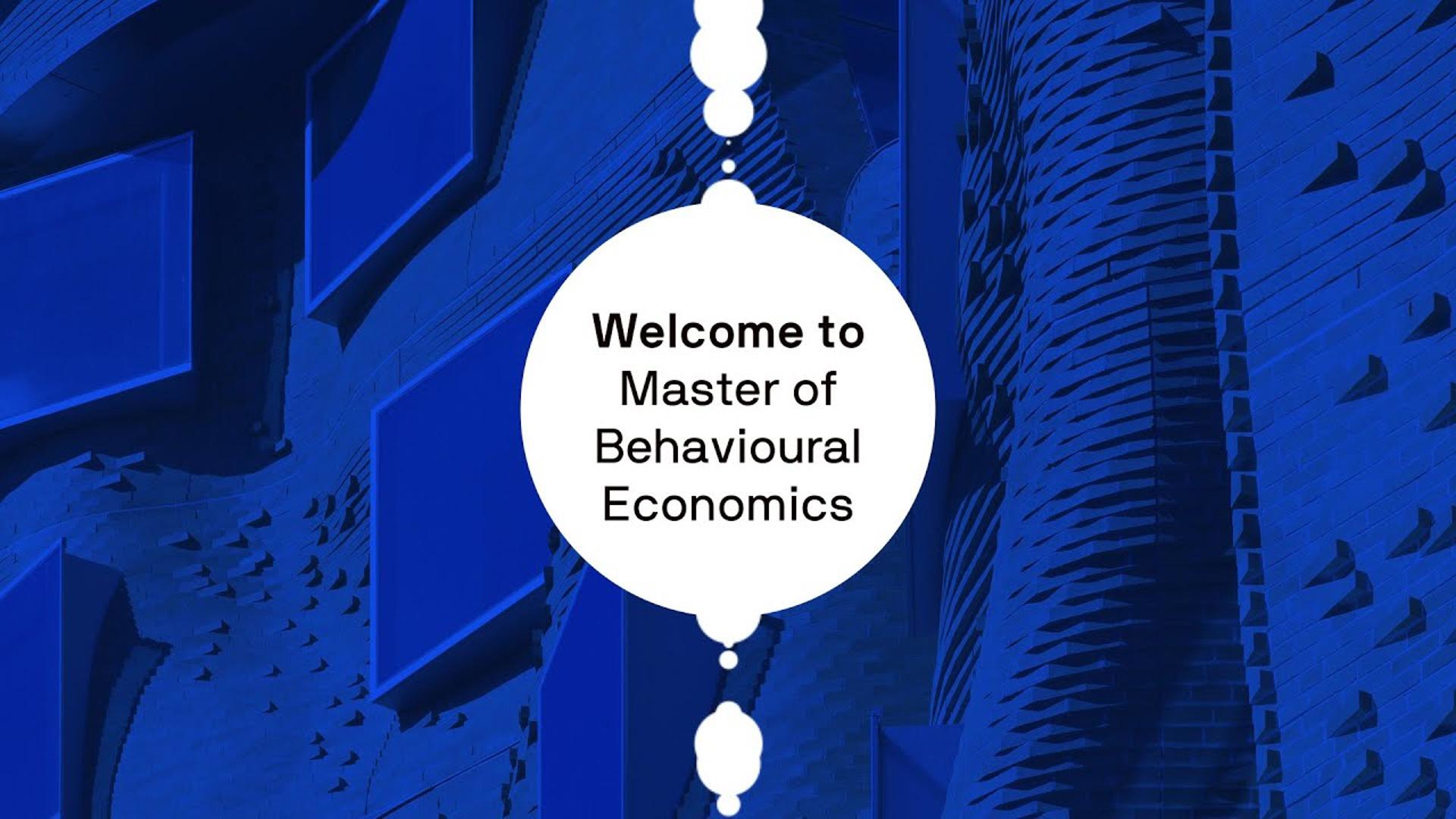Mission statement
The mission of the Economics Department at UTS is to contribute to social welfare through research, teaching, and external engagement.
‘Social Welfare’ refers to the wellbeing of all members of society, and it is enhanced by improving economic efficiency, promoting equity and, in the long-run, through sustainable development.
To achieve this mission, the Economics Department embraces the diversity of perspectives, fields of research, and backgrounds of both staff and students.
Does it pay to study Economics? (link to external report by RBA)
“Economists have hourly earnings that put them in the top 3 per cent of earnings by occupation” according to the Reserve Bank of Australia.
To achieve this mission, the Economics Department embraces the diversity of perspectives, fields of research, and backgrounds of both staff and students.
The Economics Department is committed to the pursuit of excellence in its research activities. Our academics have a track record of publishing research in leading international and Australian journals.
Economics at UTS comprises a dynamic, fast-growing group of enthusiastic researchers and experienced teachers. We offer courses at the undergraduate, Honours, Masters and PhD level, and our research is highly ranked internationally.
The economic way of thinking helps us make better choices, and employers in diverse areas value the strong analytical and quantitative skills that come with economics training.
Meet our talented Economics PhD students and find out about their research interests.
Study economics with us

Build essential expertise and get valuable industry insights with an agile Economics degree designed for our ever-changing world.
Prepare for professional success with a combined law and business degree, emphasising research and practical experience.
Wield the power of Behavioural Economics to unlock insights and inform strategic decisions, helping shape the future of our world
Shape solutions to emerging problems that live at the intersection of societies, business and governments.
Launch a career where law meets finance and deploy analytical and quantitative skills to solve the economic challenges of tomorrow.
Advance your study in the disciplinary areas of accounting, finance and economics, management or marketing.
Wield the power of behavioural economics to unlock insights and inform strategic decisions, helping shape the future of our world.












